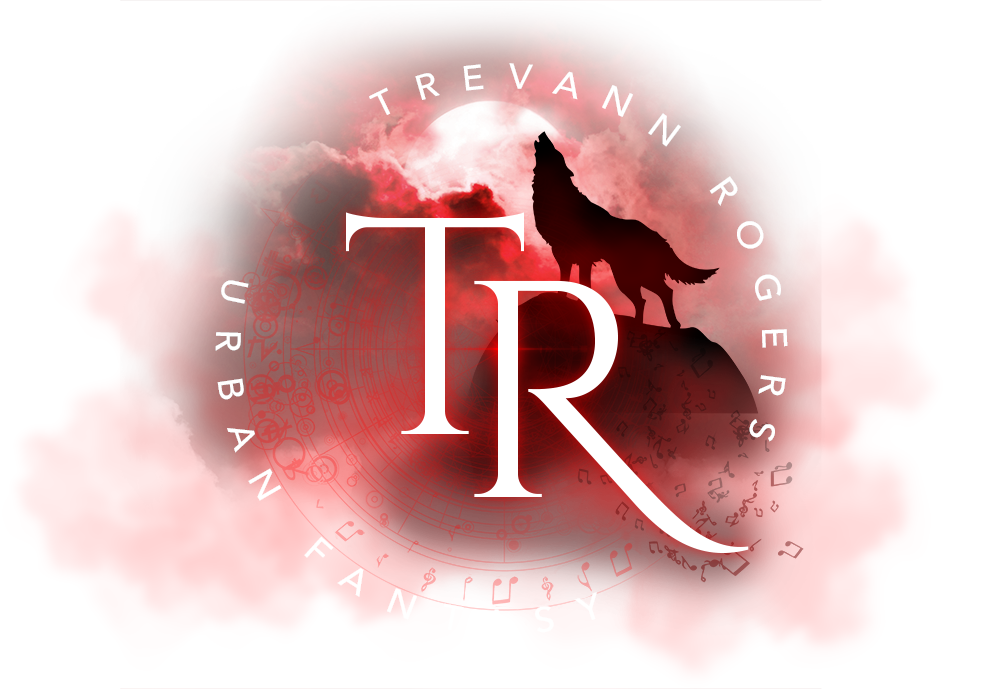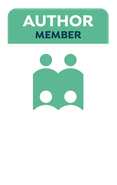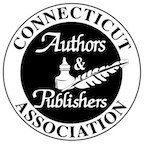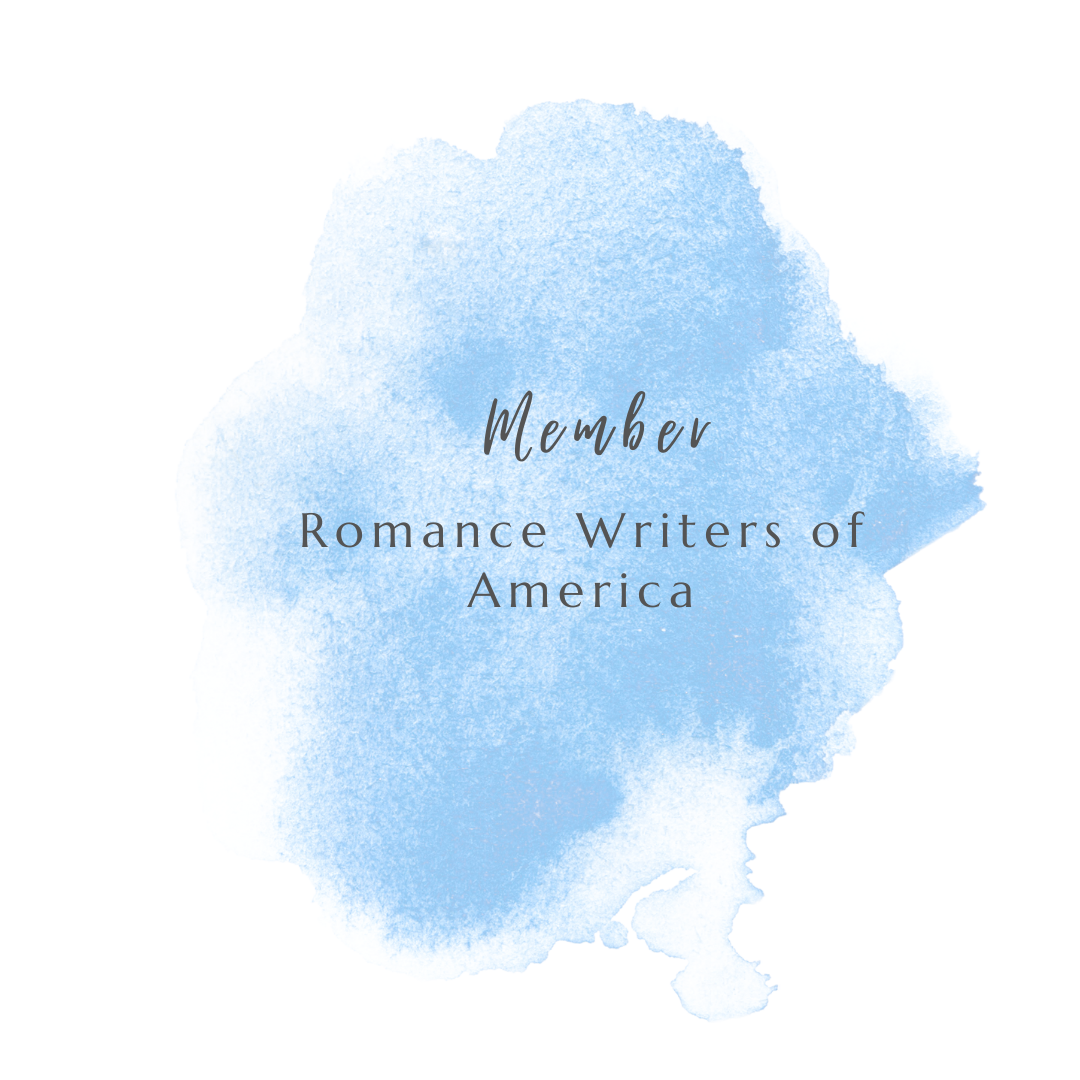A woman writing on a laptop, coffee at the ready. What else do you need for a writing retreat?
Writing is hard. Lest you think differently, ask any writer you know to tell you the honest truth. Sometimes, telling a story well feels like you’re bleeding on the page, even if you’re working on a light comedy. From having a good idea to turning it into something engaging, it can be a grueling process.
Don’t get me wrong. There is joy in the process, too. Finding the right word, the right tale, and taking beloved characters on an important journey is exhilarating. And when readers find you…and “get” you…Well, nothing beats that.
But writing is hard. And try doing it, as so many of us must, with day jobs and busy families and in my case, needy, senior pets and NaNoWriMo.
Recently I was fortunate enough to participate in a brief retreat with a segment of my writer tribe. It was to be a full day and two halves of getting some much needed rest, as well as an opportunity to network and learn with and from my peers. All was accomplished. My love of the process was rekindled, and I even gained a few surprisingly helpful pointers.
Writing sprints ARE hokey, but they work. The first evening after grabbing a quick bite and an even quicker nap, I joined a few authors for a writer’s sprint. I was skeptical about participating as I am usually a comparatively slow writer. When the organizer announced the first sprint would be for 10 minutes, my heart sank.What was that going to be, 5 words for me? But it wasn’t. I wrote around 150 words. Say what?? During each subsequent sprint, my word count increased.
Margins matter. I attended a micro-workshop on book formatting. As a hybrid author, I know there is much I need to learn about formatting—especially covers—so attending seemed a good use of time. The presenter showed examples of self-published books where the words were difficult to read because the author/publisher hadn’t used the minimum required measurements for the inside margins. The presenter noted, “This screams amateur.”
I had two books waiting for me when I arrived home, delivered by Amazon. Traditionally published by two of the Big Five New York publishers. Guess what? HORRIBLE MARGINS. One was a coffee table book in which the margins bisected the pictures. Excuse me, the pictures are the point. The other one, a novel, had inner margins so off I could not open the book wide enough to read entire pages without ripping the book apart to read it. I returned the book.
Marketing is a necessary evil that you CAN master. One of my favorite authors and all around kind person Jamie K. Schmidt gave two presentations on marketing. One of the things that makes her presentations so cool and so helpful is that she shares her successes and failures and actual numbers with us, in terms of cost and results. Most presenters don’t. I gained some knowledge about Facebook ads/boosts. Basically, the most critical step is selecting your audience, and that seems to be largely a matter of trial and error. Simply understanding that is enough to give it a reasonable try. Oh—that and limit the amount you want to spend or Facebook will keep going, and going and going.
In the second, more informal talk, Jamie spoke about marketing and shared a relatively new tool with us: StoryOrigin. OMG this is a wonderful site that facilitates newsletter swaps and group promotions for sales and list building. I only just started to use it, but I am happy to share my results as I experience them. Stay Tuned!






